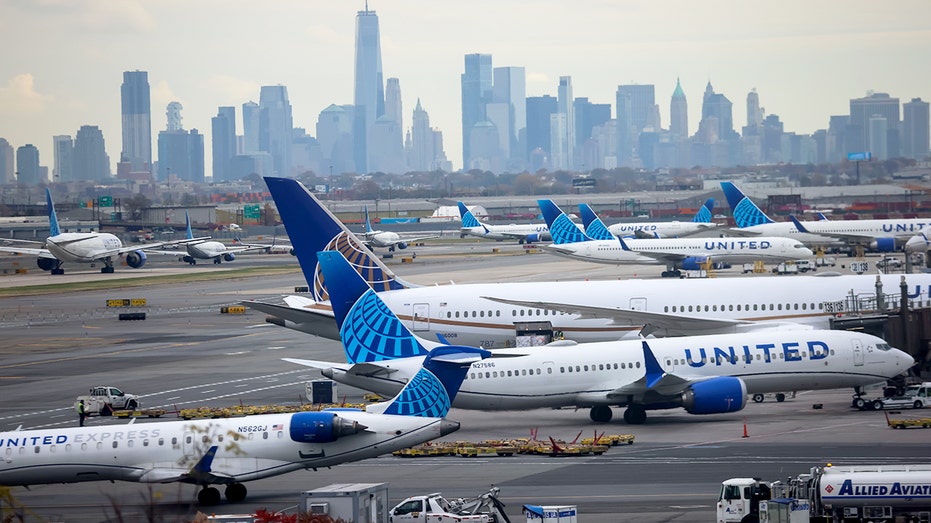A crack appeared in the Democrats’ united front Sunday, signaling a potential end to the grueling 40-day government shutdown. A significant group of Senate Democrats broke ranks, joining Republicans in a move to advance a revised plan to reopen the government, a development that sent ripples through the Capitol.
The shift came as lawmakers unveiled a bipartisan package of spending bills, intended to be attached to a modified bill aimed at ending the impasse. For weeks, Senate Democrats, led by Chuck Schumer, had insisted on a firm agreement to extend expiring Affordable Care Act subsidies as a condition for reopening the government. But the emerging solution offered no such guarantee.
Eight Democrats – including Senator Dick Durbin, the second-ranking Democrat in the Senate – crossed the aisle. Senator Angus King of Maine explained the difficult calculation, stating that continued shutdown tactics wouldn’t achieve the desired support for the tax credit extensions. Nearly seven weeks of effort had yielded no progress.
The compromise, while including reversals of Trump-era furloughs and guaranteeing back pay for affected workers, left the crucial healthcare issue unresolved. Democrats effectively yielded ground, securing only a promise from Senate Majority Leader John Thune for a future vote on the subsidies – a vote widely expected to fail.
Schumer vehemently opposed the deal, accusing Republicans of rejecting a Democratic proposal that would have extended the subsidies for a year, demonstrating, he claimed, “that they are against any health care reform.” He argued the healthcare crisis demanded a solution, and supporting the current continuing resolution would be a betrayal of families struggling with healthcare access.
Progressives within the Democratic caucus expressed deep dissatisfaction. Senator Bernie Sanders warned that caving now without a healthcare deal would embolden what he described as a dangerous slide toward authoritarianism. He characterized it as a potentially tragic moment for the nation.
However, the path to reopening remains complex. Sunday’s vote was merely the first step in a series of procedural hurdles. The Senate must still modify the original House-passed resolution and combine it with the new spending package and updated CR, aiming for a reopening that lasts until January 30, 2026.
Lawmakers hope this extended timeframe will allow for a more comprehensive funding process, avoiding another short-term continuing resolution or a massive, all-encompassing omnibus bill. Senator John Hoeven cautioned that failing to seize this opportunity could lead to a year-long CR, prolonging the uncertainty.
The legislation’s fate isn’t sealed even after Senate approval. The House must also sign off on the changes before it reaches President Trump’s desk. Democrats retain the ability to slow the process through procedural maneuvers unless unanimous consent is achieved.
Underlying the budget battle is a simmering debate over healthcare. Republicans criticized the current subsidy system, arguing it disproportionately benefits insurance companies. Democrats, however, remain skeptical of Republican sincerity in addressing these concerns, questioning whether their stated frustrations are genuine.





